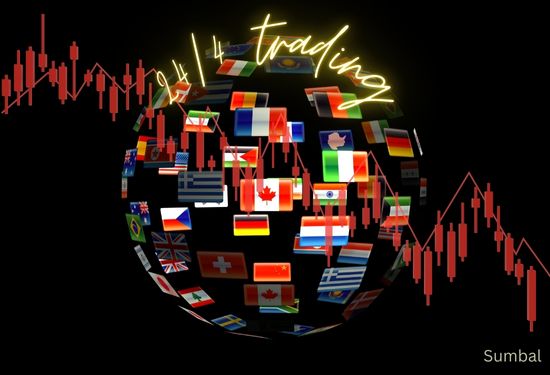In recent years, the financial sector has witnessed a transformative shift towards sustainability, marking an era where economic growth aligns with environmental stewardship and social responsibility. This paradigm shift, known as sustainable finance, is not merely a trend but a robust strategy reshaping the global financial landscape. This article explores the essence of sustainable finance, its impact on investors and businesses, and the challenges and opportunities it presents in the pursuit of a greener future.
Sustainable finance refers to any form of financial service integrating environmental, social, and governance (ESG) criteria into business or investment decisions for the lasting benefit of both clients and society at large. This approach recognizes that financial markets play a pivotal role in addressing global challenges such as climate change, resource depletion, and social inequality. By channeling capital towards more sustainable economic activities, the financial sector can spur innovation, drive growth in green industries, and contribute to a more resilient and inclusive economy.
The rise of sustainable finance is fueled by a growing awareness among investors and consumers about the importance of sustainability issues. A surge in demand for ESG-compliant investments has been observed, with assets under management in sustainable funds reaching unprecedented levels. This surge is not only driven by ethical considerations but also by the recognition that ESG factors are material to financial performance. Studies have shown that companies with strong sustainability practices tend to exhibit better operational performance and lower risks, leading to higher returns for investors over the long term.
Businesses are also embracing sustainable finance as a strategic imperative. By adopting sustainable practices, companies can enhance their brand reputation, attract and retain talent, and open up new markets and opportunities. Moreover, sustainability-focused innovations, such as renewable energy technologies, sustainable agriculture, and green buildings, are creating new avenues for growth and competitiveness.
However, the journey towards a sustainable financial system is not without its challenges. One of the main hurdles is the lack of standardization in ESG reporting and metrics, which makes it difficult for investors to compare and assess the sustainability performance of different investments. Additionally, there is a need for greater transparency and accountability in the financial sector to prevent greenwashing, where companies make misleading claims about their environmental practices.
Despite these challenges, the momentum behind sustainable finance is undeniable. Governments and regulatory bodies around the world are implementing policies and frameworks to support the growth of sustainable finance. For instance, the European Union has introduced the Sustainable Finance Disclosure Regulation (SFDR) and the EU Taxonomy Regulation, which aim to increase transparency and direct investments towards sustainable activities.

Looking ahead, the future of finance lies in sustainability. As the global community strives to achieve the United Nations Sustainable Development Goals (SDGs) and transition to a low-carbon economy, the role of the financial sector will be critical. By integrating ESG considerations into investment and lending decisions, the financial industry can lead the way in building a more sustainable, resilient, and equitable world.
In conclusion, sustainable finance represents a significant shift in the financial sector, one that promises to align economic growth with environmental protection and social equity. While challenges remain, the opportunities for investors, businesses, and society are vast. As we navigate the complexities of the 21st century, the rise of sustainable finance offers a beacon of hope, demonstrating that it is indeed possible to achieve prosperity without compromising the planet or future generations.





